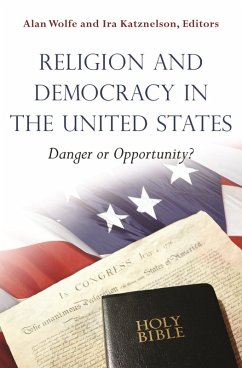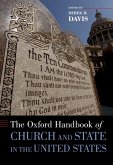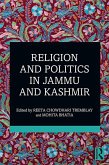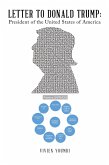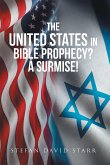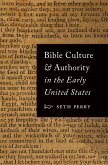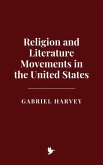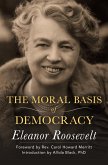The United States remains a deeply religious country and religion plays an inextricably critical role in American politics. Controversy over issues such as abortion is fueled by opposition in the Catholic Church and among conservative Protestants, candidates for the presidency are questioned about their religious beliefs, and the separation of church and state remains hotly contested. While the examination of religion's influence in politics has long been neglected, in the last decade the subject has finally garnered the attention it deserves. In Religion and Democracy in the United States, prominent scholars consider the ways Americans understand the relationship between their religious beliefs and the political arena.
This collection, a work of the Task Force on Religion and American Democracy of the American Political Science Association, thoughtfully explores the effects of religion on democracy and contemporary partisan politics. Topics include how religious diversity affects American democracy, how religion is implicated in America's partisan battles, and how religion affects ideas about race, ethnicity, and gender. Surveying what we currently know about religion and American politics, the essays introduce and delve into the range of current issues for both specialists and nonspecialists.
In addition to the editors, the contributors are Allison Calhoun-Brown, Rosa DeLauro, Bette Novit Evans, James Gibson, John Green, Frederick Harris, Amaney Jamal, Geoffrey Layman, David Leal, David Leege, Nancy Rosenblum, Kenneth Wald, and Clyde Wilcox.
This collection, a work of the Task Force on Religion and American Democracy of the American Political Science Association, thoughtfully explores the effects of religion on democracy and contemporary partisan politics. Topics include how religious diversity affects American democracy, how religion is implicated in America's partisan battles, and how religion affects ideas about race, ethnicity, and gender. Surveying what we currently know about religion and American politics, the essays introduce and delve into the range of current issues for both specialists and nonspecialists.
In addition to the editors, the contributors are Allison Calhoun-Brown, Rosa DeLauro, Bette Novit Evans, James Gibson, John Green, Frederick Harris, Amaney Jamal, Geoffrey Layman, David Leal, David Leege, Nancy Rosenblum, Kenneth Wald, and Clyde Wilcox.

